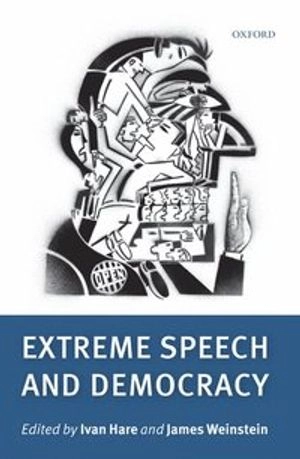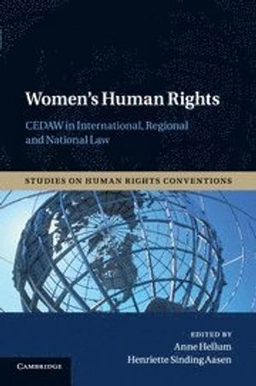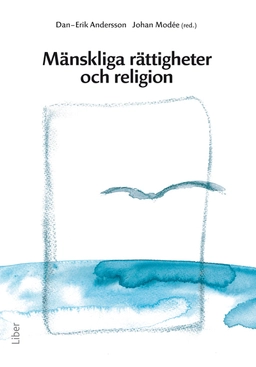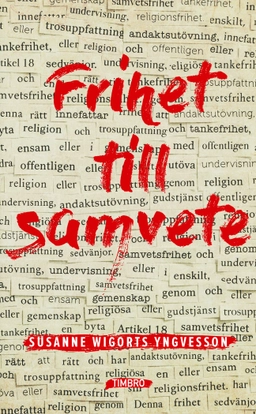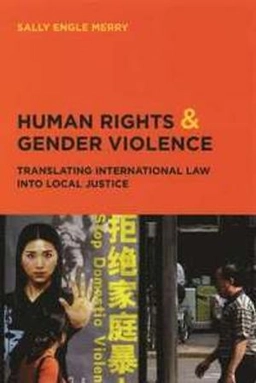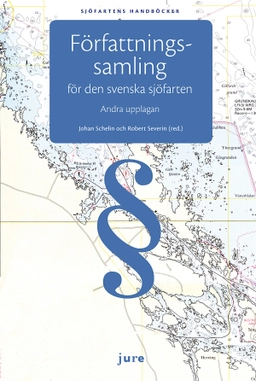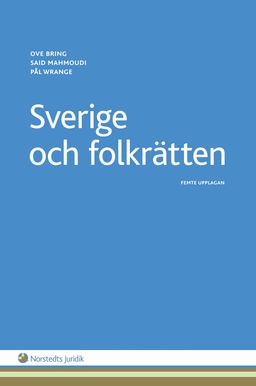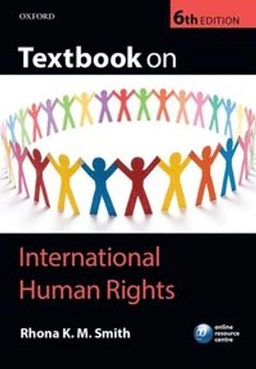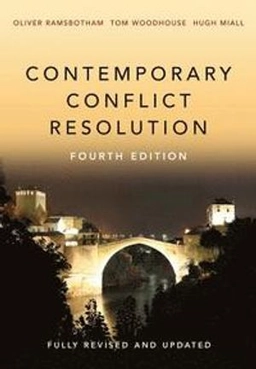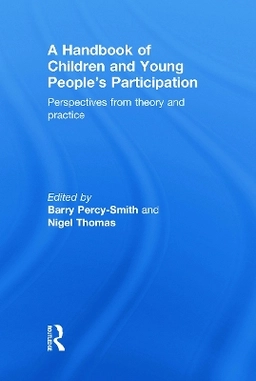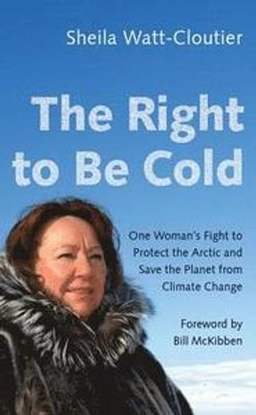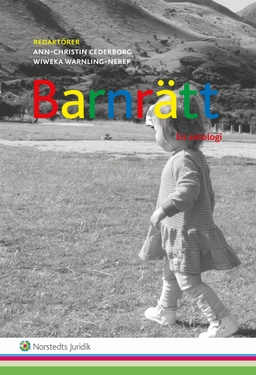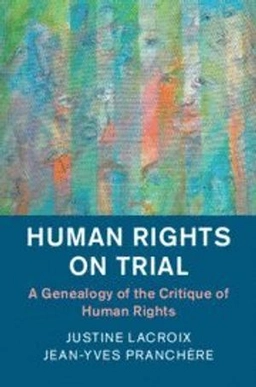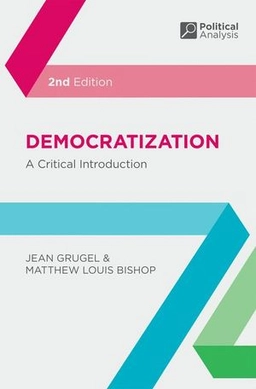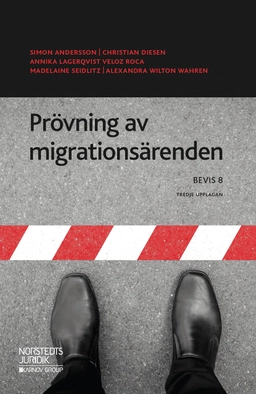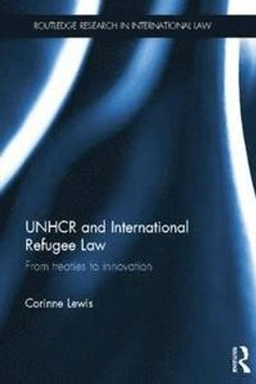A commitment to free speech is a fundamental precept of all liberal democracies. However, democracies can differ significantly when addressing the constitutionality of laws regulating certain kinds of speech. In the United States, for instance, the commitment to free speech under the First Amendment has been held by the Supreme Court to protect the public expression of the most noxious racist ideology and hence to render unconstitutional even narrow restrictions on hate speech. In contrast, governments have been accorded considerable leeway to restrict racist and other extreme expression in almost every other democracy, including Canada, the United Kingdom, and other European countries. This book considers the legal responses of various liberal democracies towards hate speech and other forms of extreme expression, and examines the following questions: What accounts for the marked differences in attitude towards the constitutionality of hate speech regulation? Does hate speech regulation violate the core free speech principle constitutive of democracy? Has the traditional US position on extreme expression justifiably not found favour elsewhere? Do values such as the commitment to equality or dignity legitimately override the right to free speech in some circumstances? With contributions from experts in a range of disciplines, this book offers an in-depth examination of the tensions that arise between democracy's promises.
Åtkomstkoder och digitalt tilläggsmaterial garanteras inte med begagnade böcker
